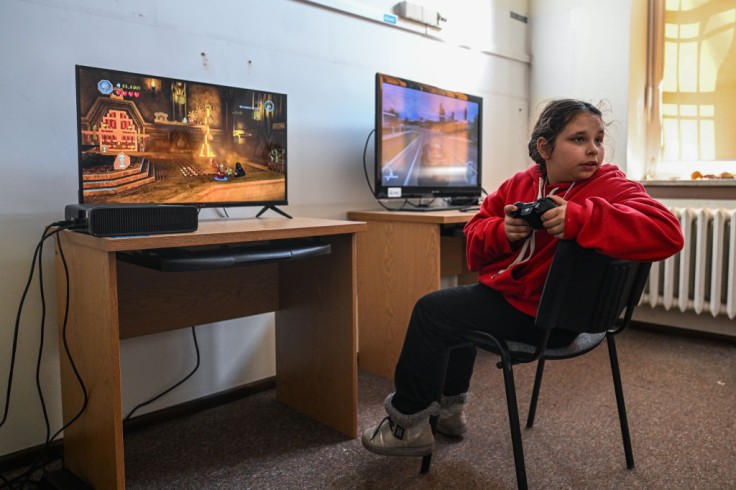
A child spending too much time watching the screen may be less happy than someone who prefers playing sports.
Research associate Rosa Vigara of the University of South Australia stated that screen time, which refers to sitting and watching TV, playing computer games, or scrolling social media for hours on end, is detrimental because it is sedentary and usually not engaging.
On average, children ages eight to 12 in the United States spend four to six hours a day watching or using screens, while teens spend up to nine hours.
While screen time can be entertaining, it cannot conceal information that is not appropriate for children.
Health Day News recently discovered the dangers of too much screen time for kids and teens, which can make them unhealthy.
Excessive consumption of technology
Vigara and her colleagues conducted a study that would determine how nearly 62,000 kids aged 4 to 9 spent their time after school. Kids who participated in this study completed questionnaires regarding their well-being. Results showed that children who played video games, watched television, and used social media after school almost always had lower levels of well-being than those who participated in after-school activities.
Children from lower socioeconomic backgrounds were less likely to prefer sports, take music lessons or hang out with peers than children from well-off households; hence, the study found those who had access to sports were healthier.
"I would encourage parents to try to set some limits around screen use [and] encourage children to be active either before or after using screens, or offer alternative activities such as listening to music, mindful coloring, board games or puzzles if they are after some quiet activities," Vigara said.
How screen time affects children's health
Selecting what's best for a kid's health matters the most. Spending too much screen time exposes kids to sensitive information and risks their health.
Using too many gadgets can affect their health. It can lead to poor eyesight in just one eye. Amblyopia, also known as the lazy eye, can evolve when there's a breakdown in how the brain and eye work together, whereas the brain cannot acknowledge sight from only one eye.
Katie Connolly, Chief of Pediatric and Binocular Vision Services at Indiana University's School of Optometry and Clinical Associate Professor, said that lazy eye, which causes depth perceptions, can be corrected if the condition is caught earlier.
The Centers for Disease Control and Prevention estimates that more than 600,000 children and teens are blind or have a vision disorder. A recent opinion article published on JAMA Network noted many children could be helped simply with glasses, but not everyone can afford it due to lack of insurance coverage and high costs.
National Survey of Children's Health, funded by the federal Health Resources and Services Administration, discovered that in 2016-2017, a quarter of children were not screened daily for vision problems.
Limiting the child's use of gadgets sets boundaries between being entertained and knowing the limit to screen time. Parents can set boundaries for kids by giving enough time for outdoor games or physical activities.